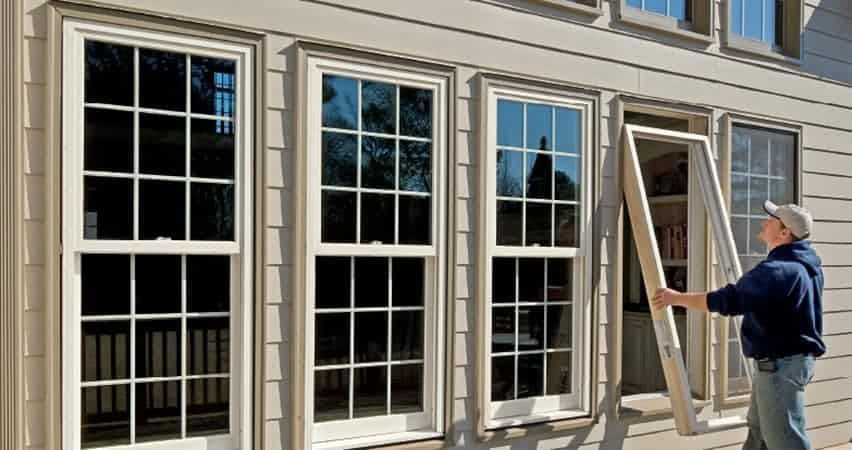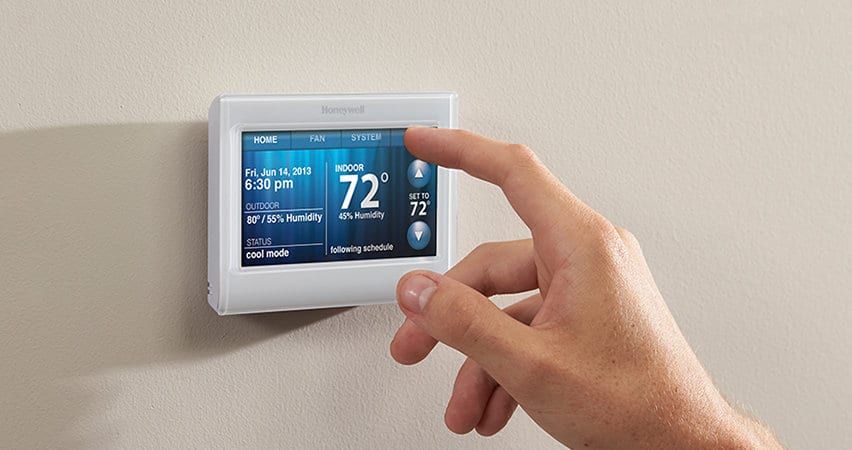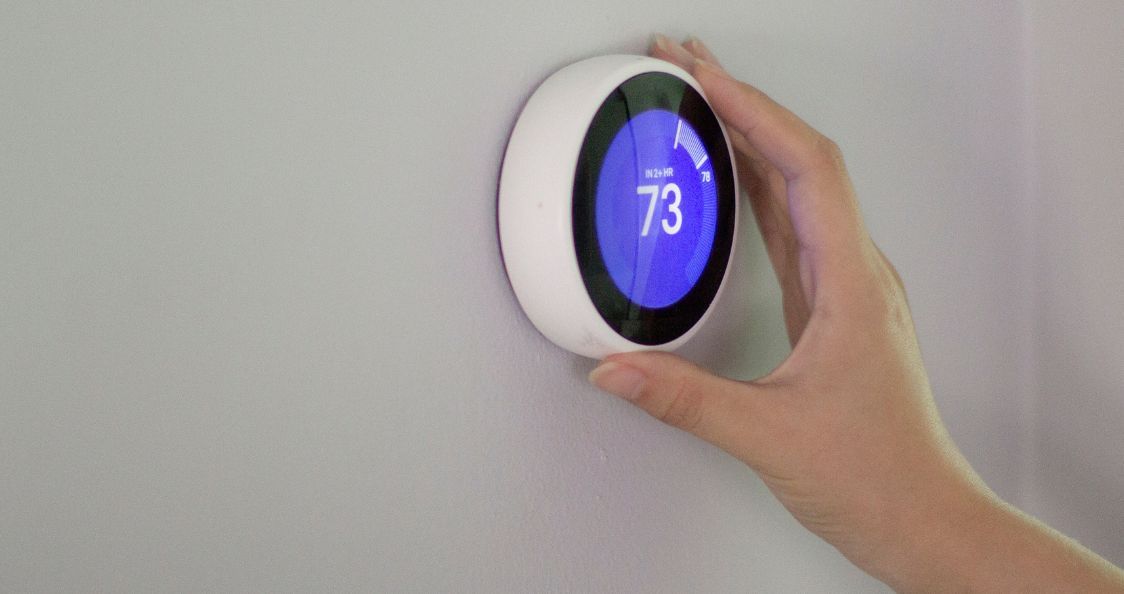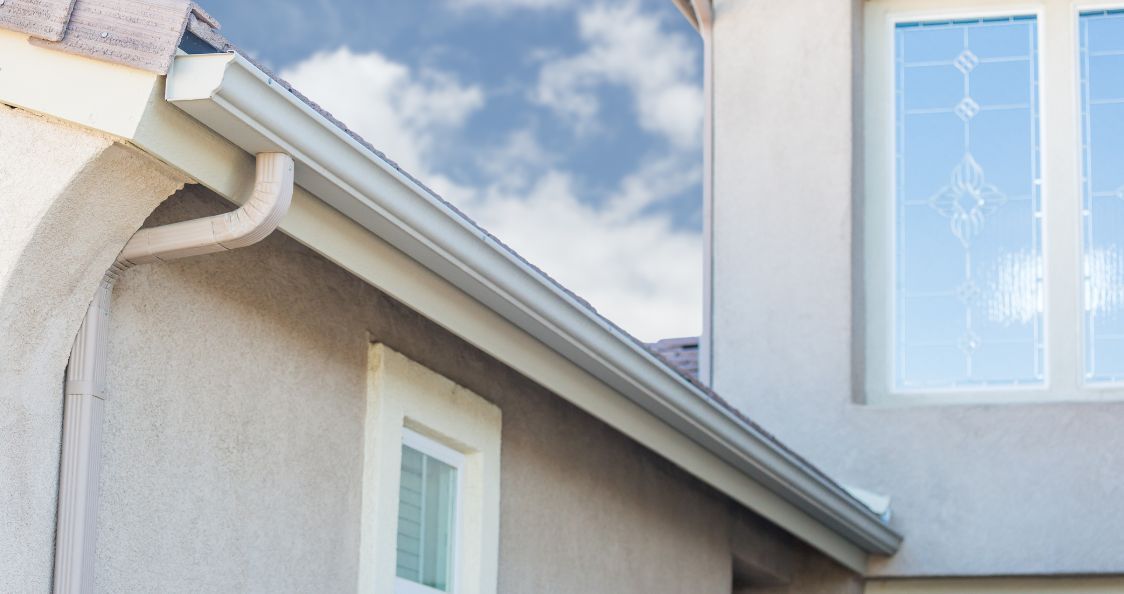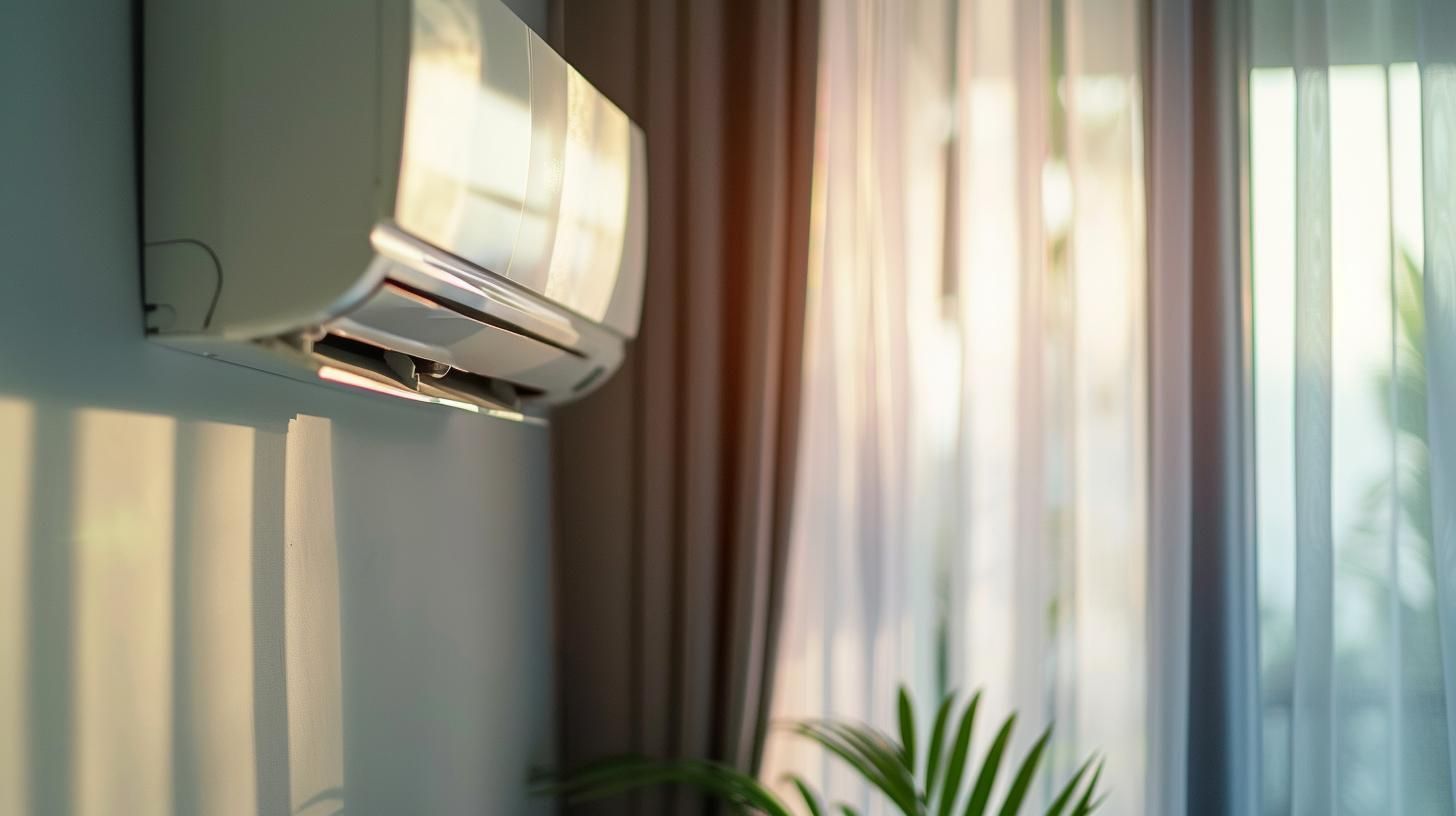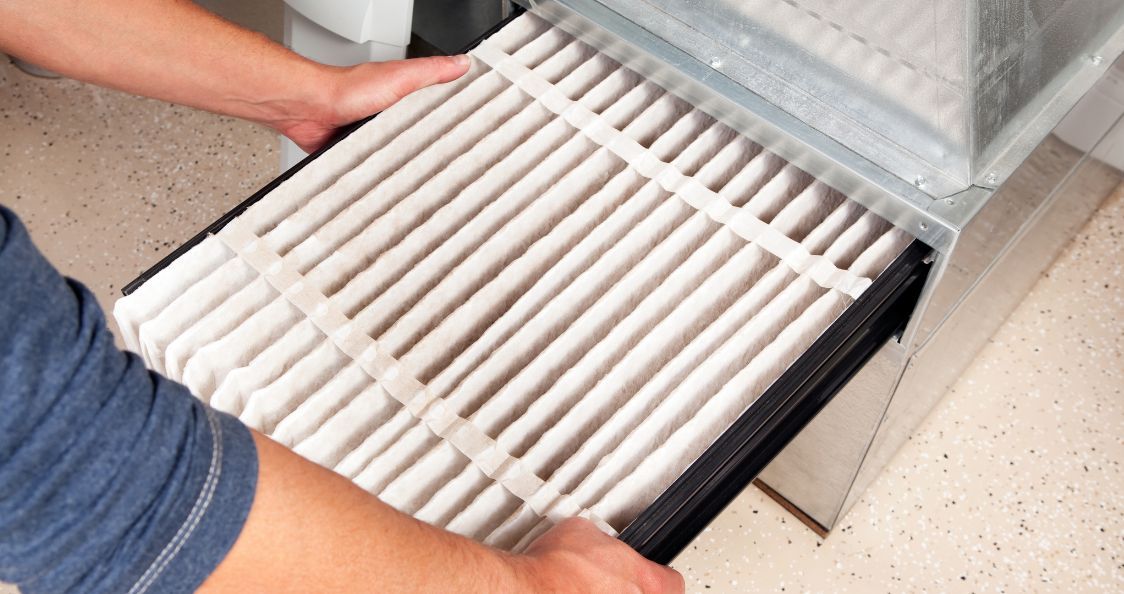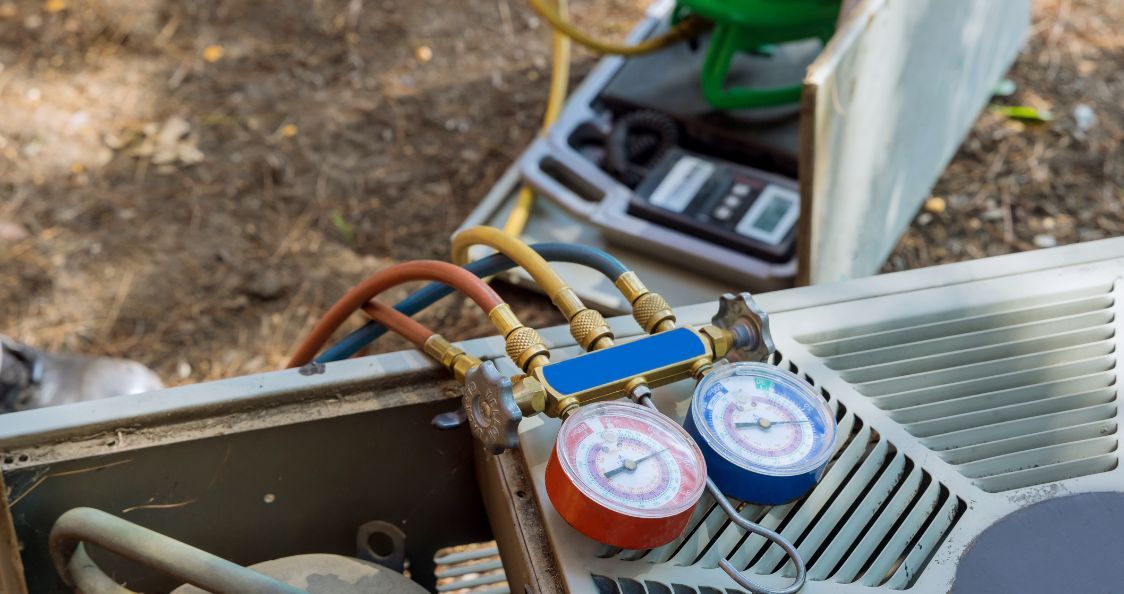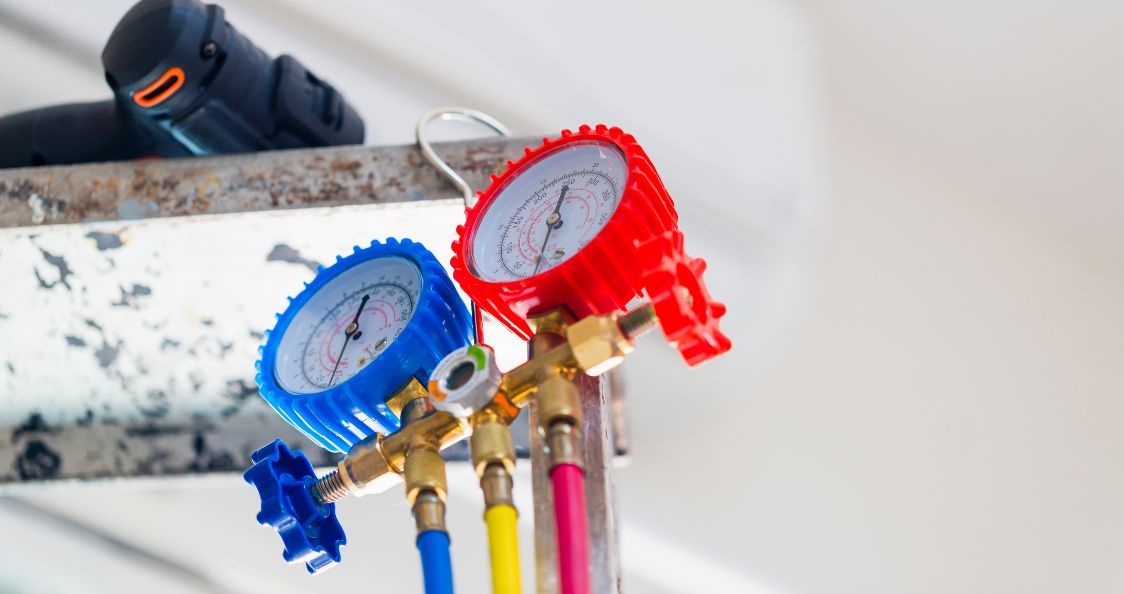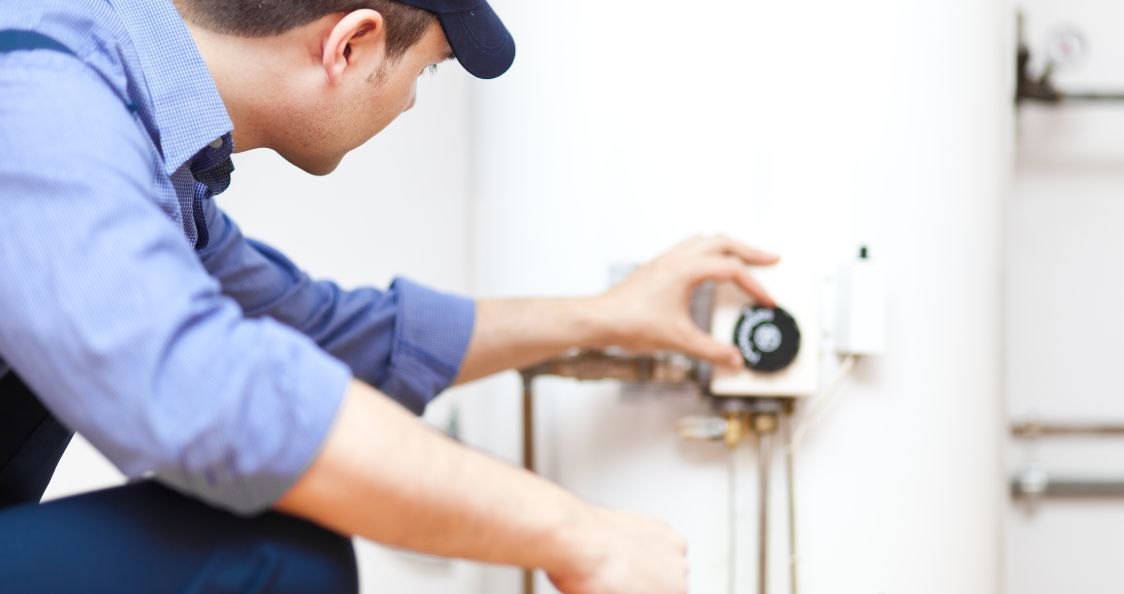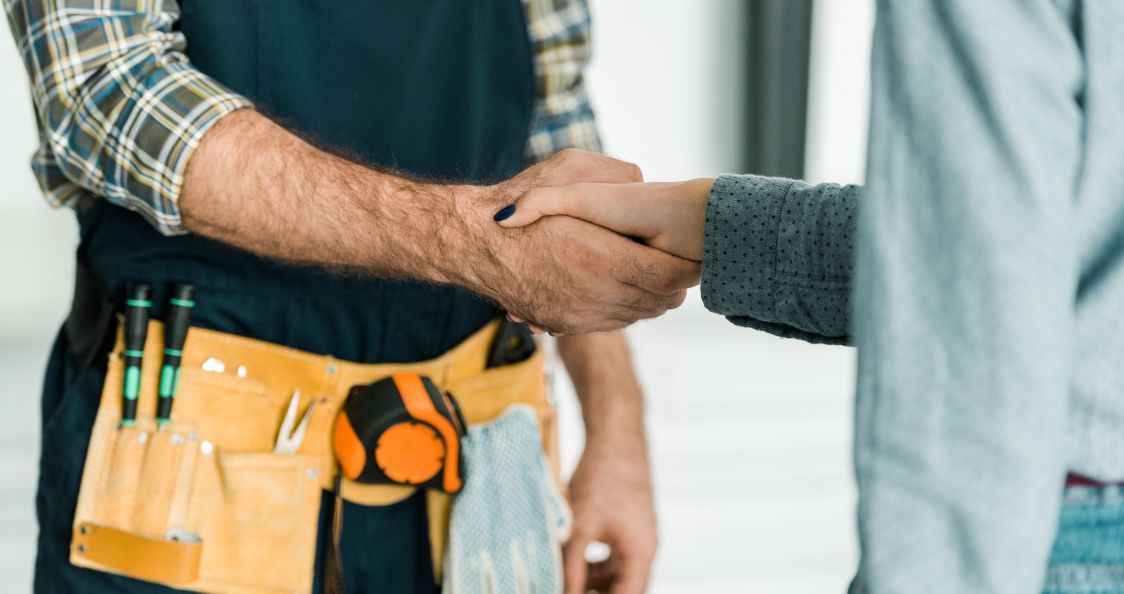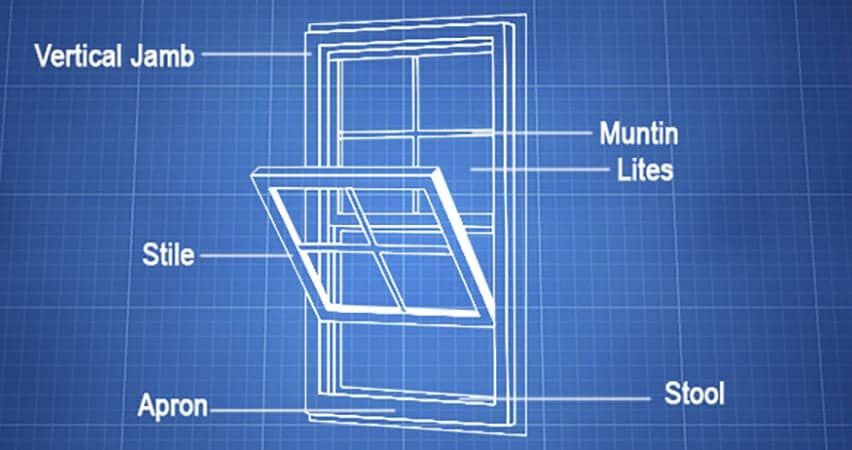
How are windows made?
Windows are made up of many parts. Familiarize yourself with the correct terminology before you go shopping for new windows so you’ll know the individual parts of the window and can easily communicate what you want.
1. Stiles
These are the major vertical supports of the frame of the window sash. They are positioned on the sides of the window.
2. Sash
The sash is the frame that consists of the rails running along the top and bottom and the stiles on the sides. The sash holds the glass in place.
3. Muntins
These are the grids of the window. They can be decorative and just snap into place over the glass, or they can help hold the glass in place, dividing the glass into sections often referred to as lights.
Muntins are installed on the outside or inside of the glass or both. Sometimes, they are mounted between two panes of glass, especially on thermal-insulated windows. Windows of this type with the inside-mounted muntins are easier to clean than windows with muntins on the outside of the glass.
4. Glazing
Glazing refers to the glass in the window frame. It can be single, double or triple thicknesses with air spaces in between. Double and triple glazing is the most energy efficient. Glazing compound is the putty that helps hold the glass in place.
5. Apron
This refers to the horizontal board attached to the wall under the windowsill or stool.
6. Stool
Also known as the sill, this part of the window protrudes out like a shelf on the bottom of the window into the interior of the house.
7. Side Casing and Head Casing
Casing is the horizontal and vertical molding that surrounds the entire window. It covers the space between the window and the wall. It can be installed inside or outside the house and provides a finished look.
8. Jambs
These are the side pieces that form the window frame and hold the sash that holds the glass. They run vertically from the top of the window to the bottom.
9. Rails
Rails are the horizontal pieces that connect the stiles or vertical pieces of the window. They help hold the glass in place.
10. Operator
The operator is the crank mechanism that allows you to open and close casement and awning windows.
11. Latch
A latch is the locking device usually attached where two rails meet (meeting rails) on a double-hung window, on the bottom rail of an awning window or on the stile of a casement window. The latch not only locks the window, but it also helps seal the window closed, allowing the weather stripping to effectively block out cold in winter and keep in cool air conditioned air during summer or heated air in for the winter.
12. Scissor Arm or Extension Arm
Attached to the window frame either at the rails or the stiles, the scissor arm or extension arm is extended or contracted by cranking the operator handle to open or close the window.
Other Blogs You May Be Interested In
Categories
- About Clarke & Rush (1)
- AC Replacement (8)
- AC unit Maintenance (10)
- Boilers (1)
- Commercial HVAC (3)
- Commercial Plumbing (2)
- Furnace (3)
- Furnace Maintenance (2)
- Furnace Repair (4)
- Green Homes (3)
- Gutter Repair (1)
- Gutter Replacement (5)
- Heat Pump (1)
- Home Energy Tips (2)
- Home Improvement (6)
- HVAC (17)
- HVAC Replacement (7)
- Insulation (2)
- Kitchen Plumbing (1)
- Plumbing (2)
- Plumbing Problems (8)
- Reducing Energy Costs (6)
- Repiping Services (3)
- Residential HVAC (45)
- Residential Insulation (4)
- Residential Plumbing (33)
- Residential Windows (6)
- Sewer Line (2)
- Uncategorized (10)
- Water Heaters (4)
- Water Line Repair (1)
- Water Treatment (1)
- Window Installation (8)
- Window Instllation (1)
- Window Replacement (7)
- Windows (8)


